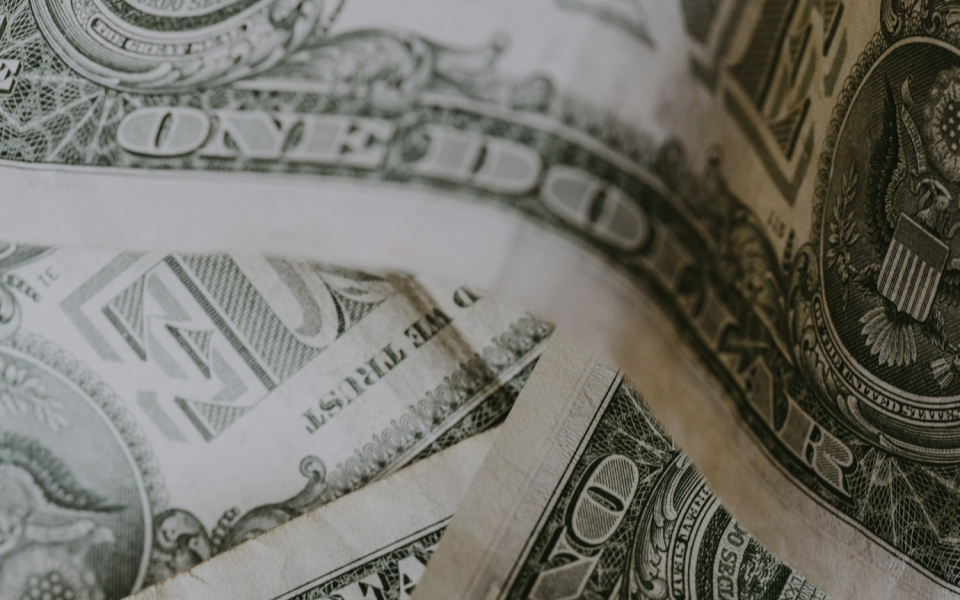During a discussion with Dutch Central Bank President Klaas Knot in Amsterdam, Fed Chair Jerome Powell reinforced his stance that U.S. monetary policy will likely maintain its current rate for a more extended period than previously anticipated, aiming to further reduce inflation towards the Fed's 2% target.
Likewise, Powell dismissed the risks of new rate hikes, echoing his remarks from the May Federal Open Market Committee (FOMC) press conference.
Responding to an audience question about the likelihood of future rate hikes, Powell suggested, based on current data, "the next move that we make would be more likely to hold the policy rate where it is," rather than increasing it.
Labor Market Is Still Very Strong
Powell praised the recent performance of the U.S. economy, noting, "The U.S. economy has been performing very well lately." He attributed this strength to a robust labor market characterized by rising employment and wages, leading to increased consumer spending.
"Households are in good shape financially," he observed, emphasizing they are not overly leveraged, which supports continued economic health.
The Fed Chair also highlighted the significant role of immigration in bolstering the economy over the past few years, adding to the overall positive outlook. Business investment has been another area of strength, with companies capitalizing on opportunities to expand.
Reflecting on the labor market, Powell described it as "very, very strong," noting that it had cooled from its overheated state a few years ago to a more balanced condition. "The labor market is about as tight as it was before the pandemic in 2019," he stated, highlighting that real wages are now positive and unemployment has remained below 4% for 27 consecutive months - a rare occurrence over the past half-century.
Inflation Still Requires Caution, PPI "Mixed"
Despite the strong labor market, Powell acknowledged the path to lowering inflation was not smooth.
"We had higher readings in the first quarter and higher than we expected," he admitted. This situation underscored the need for patience, allowing the restrictive monetary policy to take effect gradually.
Powell remarked on the significant progress made in combating inflation: "We've made real progress on inflation. We're far lower than we were." He initially feared reducing the high inflation rates could lead to a significant decline in employment and economic weakening, which, fortunately, did not occur.
Despite these improvements, Powell recognized the public's discontent, primarily because "prices are high" when shopping, which impacts the overall sentiment.
He described the latest Producer Price Index (PPI) as "mixed," with higher headline numbers but also some backward revisions that require careful analysis.
Powell noted businesses still report labor shortages, which are now being addressed, but may take time to reflect in broader economic indicators and inflation metrics. He expressed confidence that inflation would eventually stabilize at the 2% target, emphasizing, "I am confident that we will get inflation down to 2%."
"I think by many, many measures the policy rate is restrictive. The question is it sufficiently restrictive and I think that's going to be a question that time will have to tell," he stated.
Market Reactions
The SPDR S&P 500 ETF Trust
The Invesco DB USD Index Bullish Fund ETF
The SPDR Gold Trust















